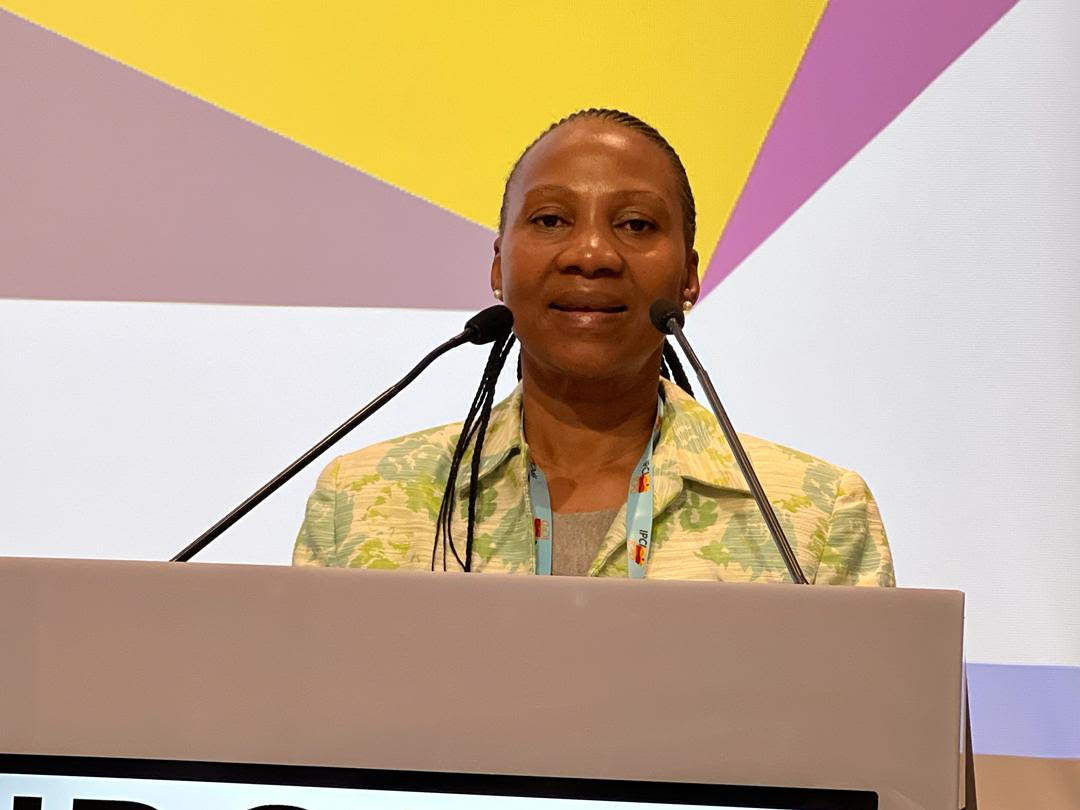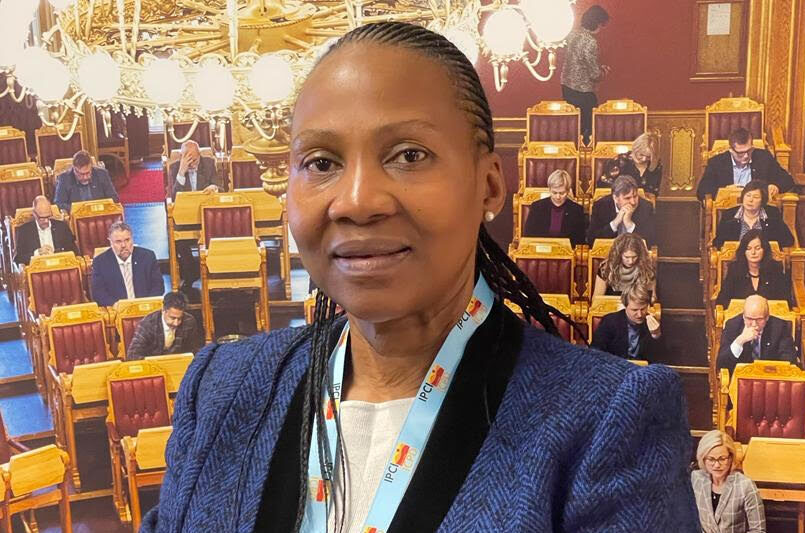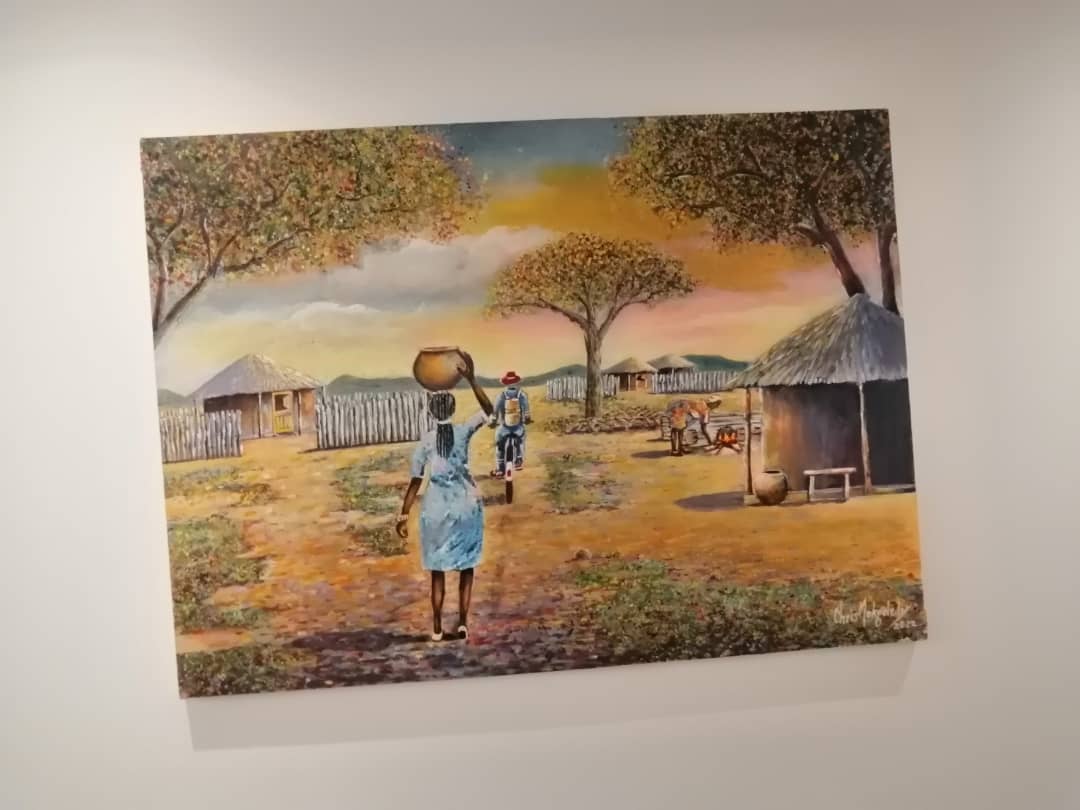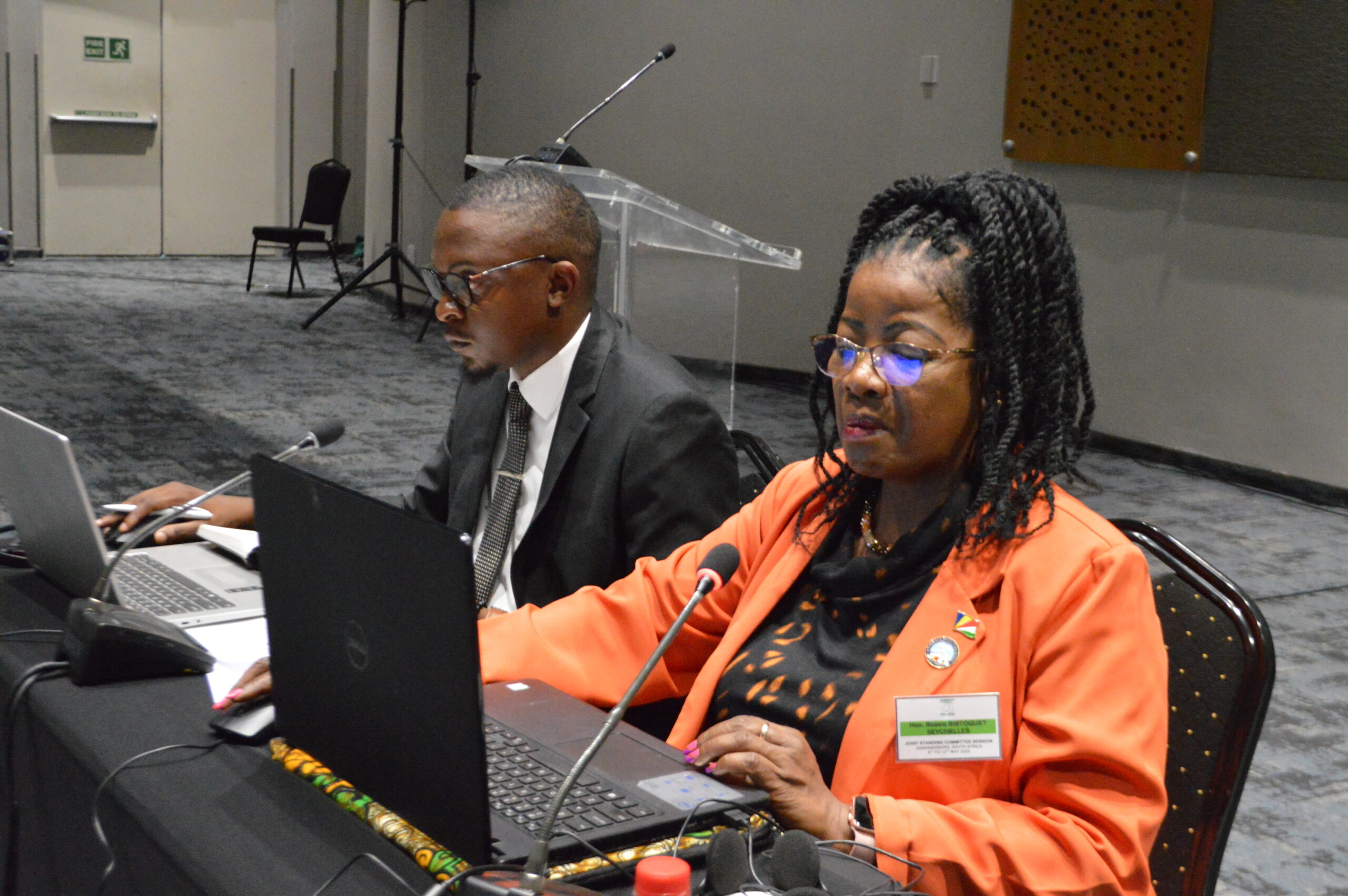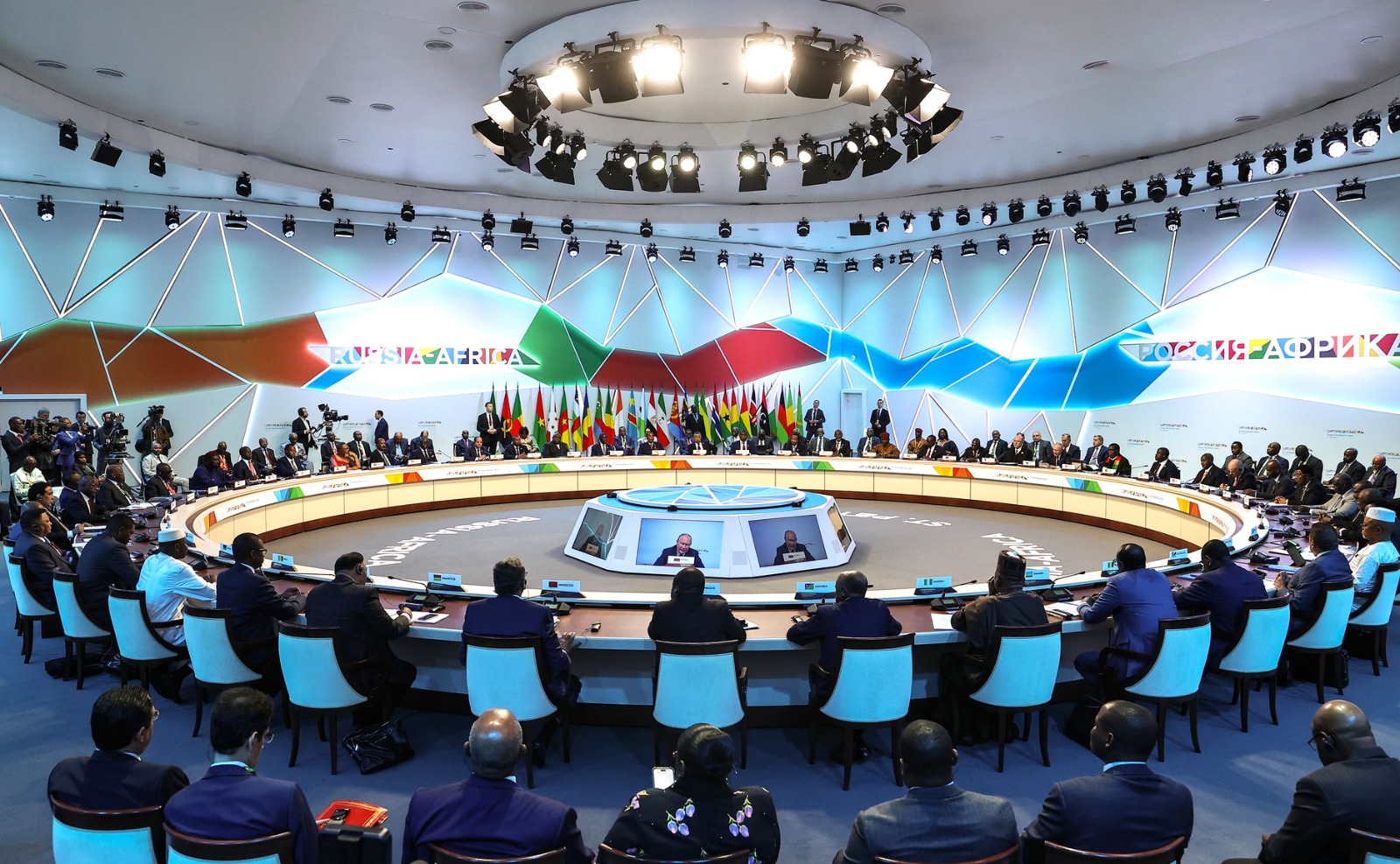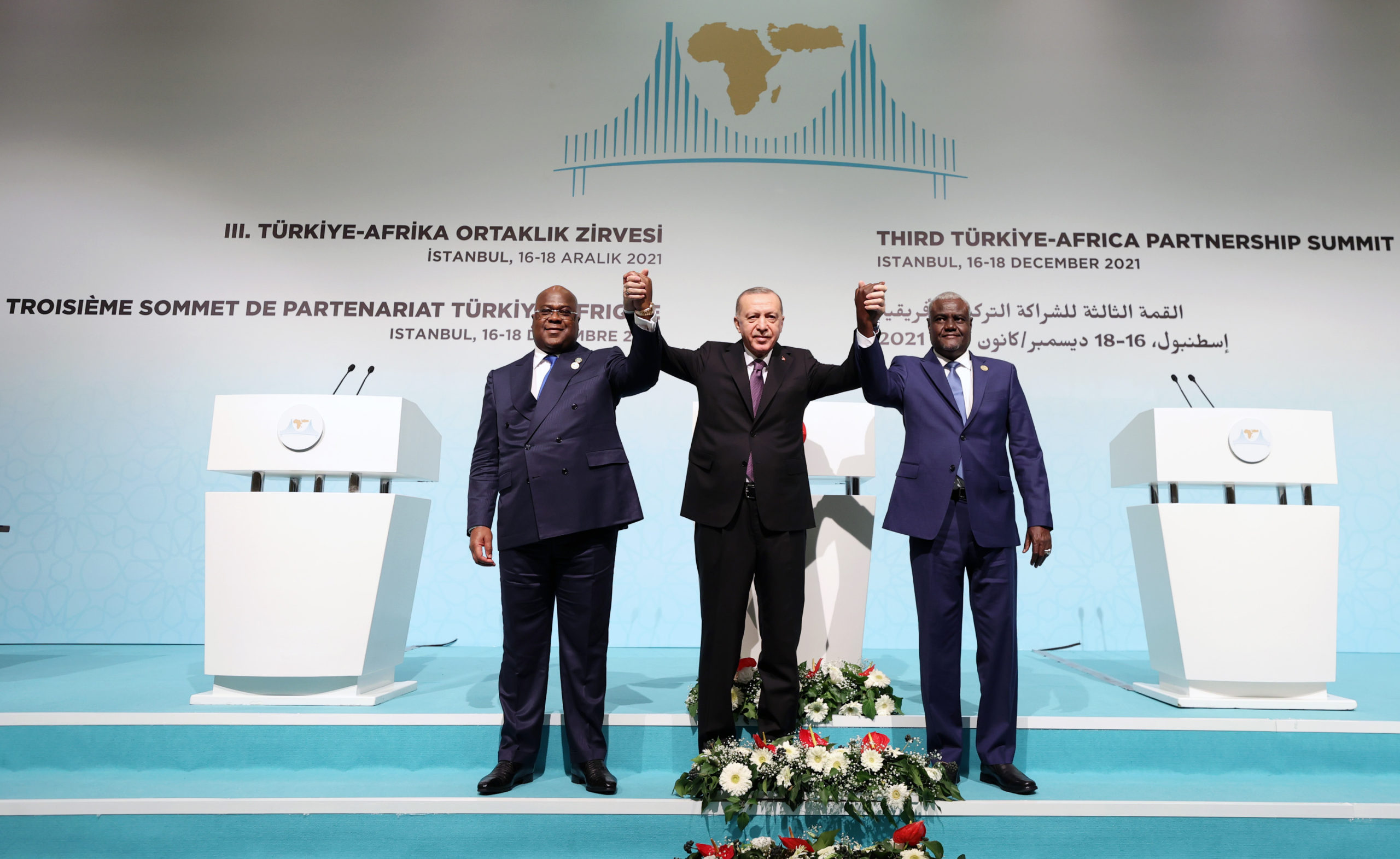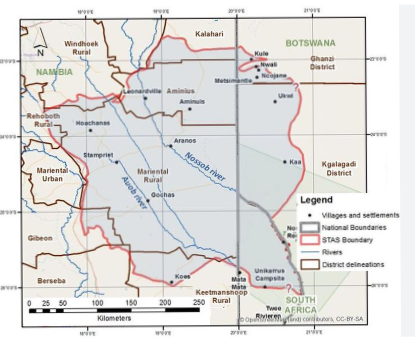
By: Vitalio Angula
Groundwater is the only permanent and dependable water resource in what is called the Stampriet Transboundary Aquifer System (STAS).
An aquifer is simply a body of rock that holds water underground which can be pumped out through wells or come out naturally through springs.

The Stampriet Transboundary Aquifer System (STAS) stretches from Central Namibia into Western Botswana and South Africa’s Northern Cape Province.
The United Nations Educational, Scientific and Cultural Organisation (UNESCO) has identified the need for the three countries that host the STAS to develop legal and institutional responses to current and future development of the STAS.
A technical report on the Governance of Ground Water Resources in Transboundary Aquifers (GGRETA) identified five threats to the Stampriet aquifer in the Omaheke region of Eastern Namibia, namely, pit latrines, septic tanks, sewage works and oxidation ponds, burial sites and oil/fuel storage and disposal.
This report was written seven years ago!
Since then, another threat has emerged.
URANIUM CONTAMINATION!
In 2019, Russia’s State Atomic Energy Agency, Rosatom, was granted a Uranium Exploration License through its Namibian subsidiary, One Uranium (Headspring investments).
Three years later the company’s exploration activities have ground to a halt after the Minister of Agriculture, Water and Land Reform, Calle Schlettwein, refused to grant the company water permits to continue drilling boreholes which are necessary for their uranium extraction method called In-situ leaching.
In situ leaching
In-situ leaching is a mineral extraction method that involves pumping sulphuric acid into a body of water and then extracting that water, removing the mineral from the solution and putting the water back.
Riaan Van Rooyen, spokesperson for Headspring Investments, the Namibian subsidiary of Rosatom, said the proposed method of uranium extraction is fairly new and has never been used in Africa before therefore it has sparked within its detractors ‘the fear of the unknown’.
“We have taken Namibian stakeholders whom included the media to such a mine in Kazakhstan to experience first-hand how this uranium extraction process takes place”, Van Rooyen informed this publication.
“It is proposed to use sulphuric acid to dissolve the uranium in the aquifer and then extracting that, and then taking the uranium out of the water again above ground”, Van Rooyen explained.
“In situ leaching (ISL) in North America involves leaving the ore where it is in the ground, and recovering the mineral from it by dissolving them and pumping the pregnant solution to the surface where the minerals can be recovered”, (https://world-nuclear.org/).
Retired Geologist and member of the Management Committee of the Stampriet Aquifer Uranium Mining Association (SAUMA), Dr. Roy Miller, has called for the outright ban on all prospecting activities in the Stampriet Basin.
He said the water in the Stampriet Basin is critical to the livelihoods of the inhabitants living in that area and beyond and is irreplaceable if contaminated.
“In the USA, where In situ mining does take place, no acid leaching and drinking water is allowed,” Miller explained.
He further said there is a great risk of contamination of the underground water which may be caused by leaks, equipment breakdowns, borehole problems and geological problems that may arise in the course of mining for uranium.
“The grades of the dissolved uranium and dissolved heavy metals in the mine solution are far above the safe limits of drinking water listed by the World Health Organisation (WHO)”, Miller pointed out.
Miller also noted that if uranium mining were to be allowed using the In situ method of extraction, a perception may arise that Namibian water, meat, fruit and vegetables are contaminated with heavy metals.
This would deny products from Namibia access to international markets.
Kazakhstan
Various stakeholders, including media practitioners, government officials and local authority office bearers, were recently invited by Rosatom (One Uranium) on a tour of Russia.
The tour included a site visit to a uranium mine in Kazakhstan that uses the in-situ leaching method of uranium extraction.
Councillor Petra Witbooi, the Chairperson of the Leonardville Village Council, where the project was set to take place said the council was in support of the project because of the positive economic impact it would have on the village’s inhabitants.
These include employment opportunities for the community of approximately three thousand (3000) residents who eke out a living as farm labourers if they are lucky enough to get a job.
‘I was recently in Kazakhstan, what I saw there was different from the perception that the white farmers have in regard to the possible contamination of underground water which is the reason they cite when opposing the project.
“I plead with the white farmers not to scare investors away and to play their role in nation building by supporting this project”, the councillor said.
Ngunondjamo Riruako, a generational agricultural farmer and traditional leader of the Aminius constituency in the Omaheke region disagrees with Witbooi’s assertion that only white commercial farmers are against the uranium project.
Riruako said the politicians who were taken to Kazakhstan are not well versed in mining and hydrogeology and therefore were susceptible to undue influence.
“Most of the Kazakhstan underground water where In situ leaching is taking place is very saline (contains salt making it unusable for human consumption unless treated) and Kazakhstan does not have a favourable report in accordance with the UN and World Bank on the provision of fresh water to its citizens”, Riruako said.
“The politicians who were taken to Kazakhstan, a mission that never included technocrats on mining and hydrogeology can never lie to us about the safety of in situ leeching, plus uranium is highly toxic”, Riruako added.
Rukee Moelanjane, a farmer from Amunius constituency in the Omaheke region said he also opposes the idea of a uranium mine in his region.
He said Headspring (One Uranium) had already failed to comply with conditions of the exploration license which led to the withdrawal of the consultant carrying out the Environmental Impact Assessment (EIA).
He further said whatever advantages Namibia may gain in terms of this envisaged investment in the country the risk of water being contaminated is greater.
“The tactics of Headspring to instigate the Namibian nation through lucrative trips to Kazakhstan and well-crafted reports in the media is a point in case of divide and rule”, Moelanjane alleged.
“The concerned Minister has clearly pronounced himself on behalf of the Namibian nation; therefore Headspring should pack and go back to Russia”, Moelanjane stated.
Governments Position
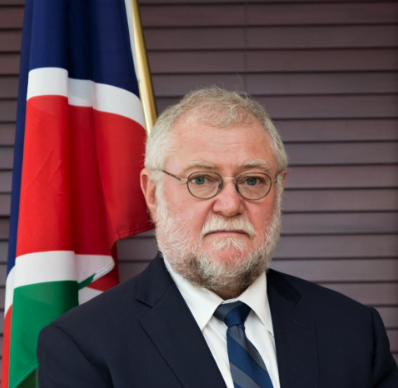
The Minister of Agriculture, Water and Land Reform, Calle Schlettwein in November 2022 refused to grant the Russian uranium outfit, Headspring, a water permit for the drilling of boreholes which is a necessity to the company’s operations.
The water permits are valid for one year and the minister said the company did not conform to the conditions of the ministry regarding mitigating the negative impact that In situ leaching might have on the aquifer.
“The permits we had given had conditions that made sure we could monitor their activities, and that we can assure ourselves continuously that no risk to the aquifer is happening”, Schlettwein explained.
“Now unfortunately the company did not conform to the conditions and we now have a suspicion that the mining operation is in fact a serious risk to the acquifer by polluting it”, Schlettwein further explained.
“There is no evidence brought by the company that the mitigating factors that they promised to implement are implemented and hence the withdrawal of the permits for boreholes into the aquifer”, Schlettwein said.
The Cabinet was scheduled to discuss the matter at its last meeting of the year on 13 December 2022 however no feedback has been given since all government officials seem to have gone on holiday and no one is responding to questions.
Environmentalist and social activist Herbert Jauch said the narrow interests of a uranium company and its shareholders cannot overrule the larger concerns for water.
He said water is possibly the most important and valuable resource for mankind.
“It is a huge risk and to say that it is just the fear of the unknown is to downplay the risk because once a water resource is contaminated through radiation it is irretrievably lost”, Jauch opined.
Conclusion
The discovery of uranium in the Omaheke region of East Namibia has become a subject of debate and concern over the past few months. The proponents of the project cite the impact it can have in terms of creating jobs and spearheading development however those against say there is a risk of pollution of the underground water source.
Namibia is the world’s second largest producer of uranium after Kazakhstan.
The country currently boasts three uranium mines along the desert coastline and if cabinet gives the greenlight Headsprings / One Uranium could be the fourth.
With the first cabinet meeting for the year scheduled for the end of January it would be interesting to see whether the government will give the go ahead and provide the uranium company with water permits to resume exploration or whether they will heed to minister Schlettweins’ advice and halt the exploration altogether.

